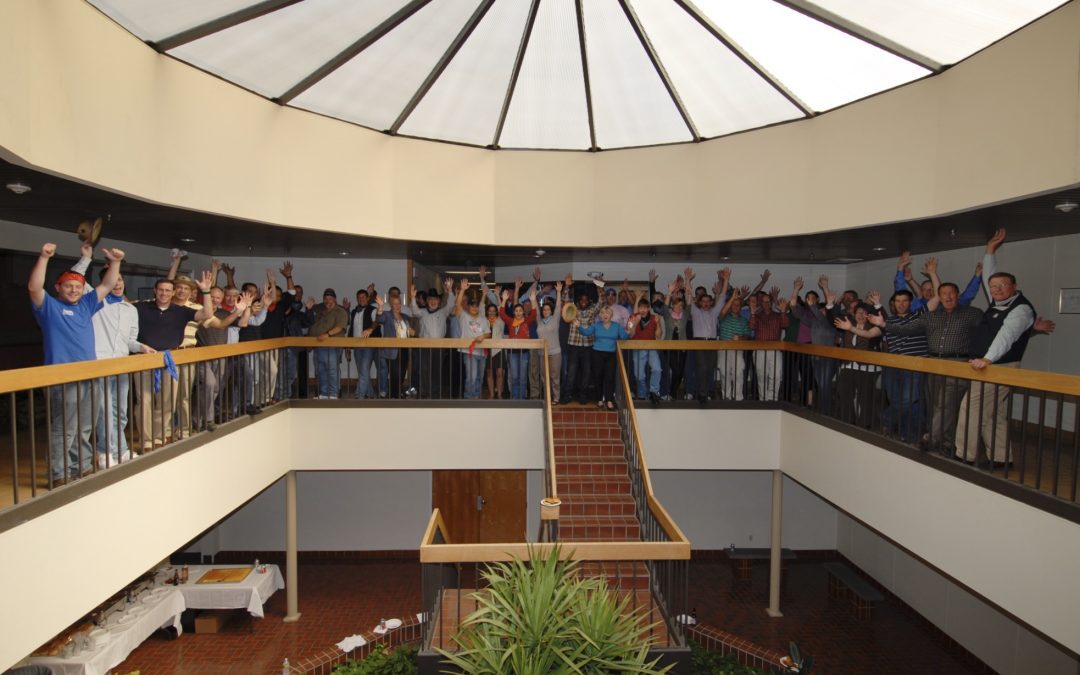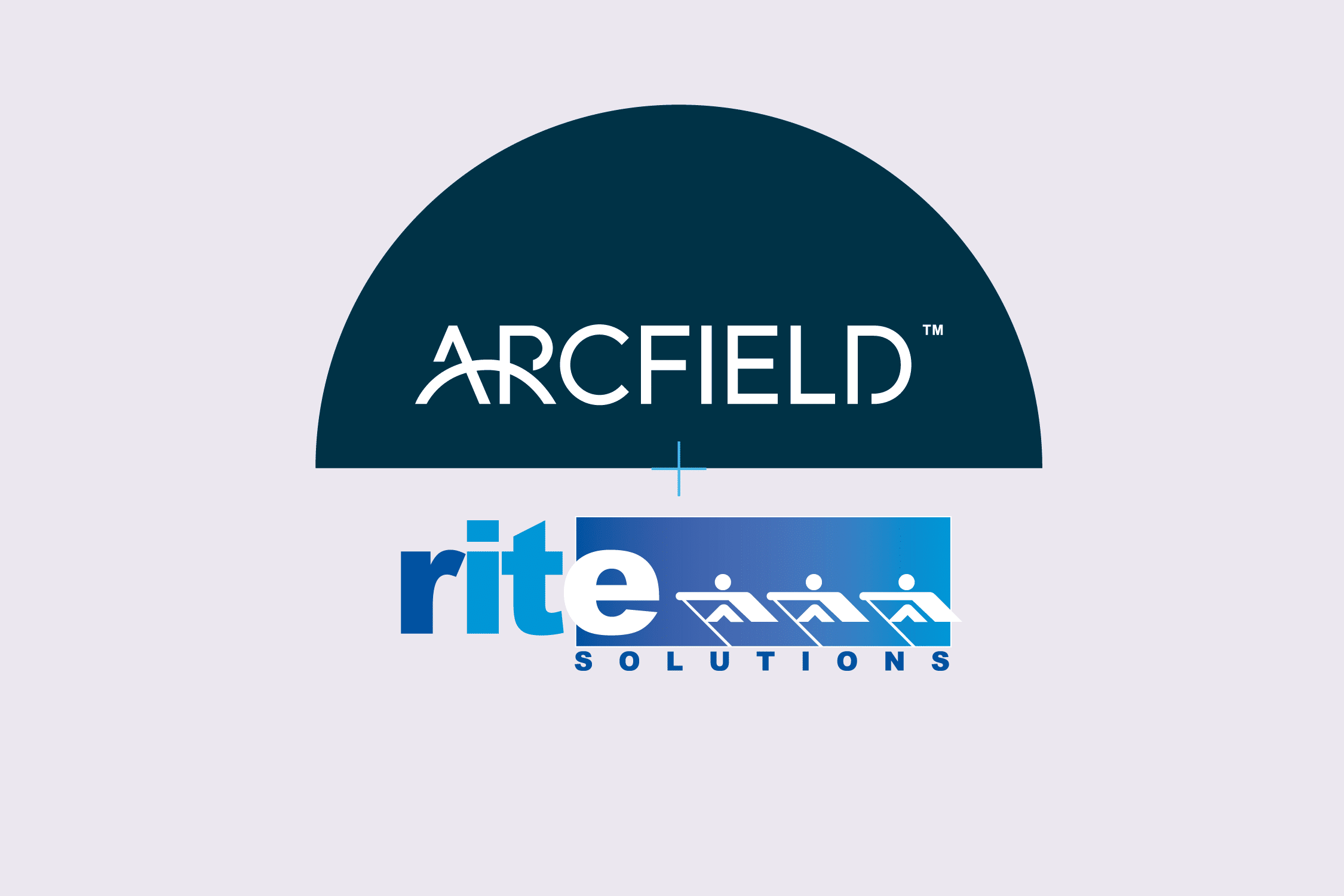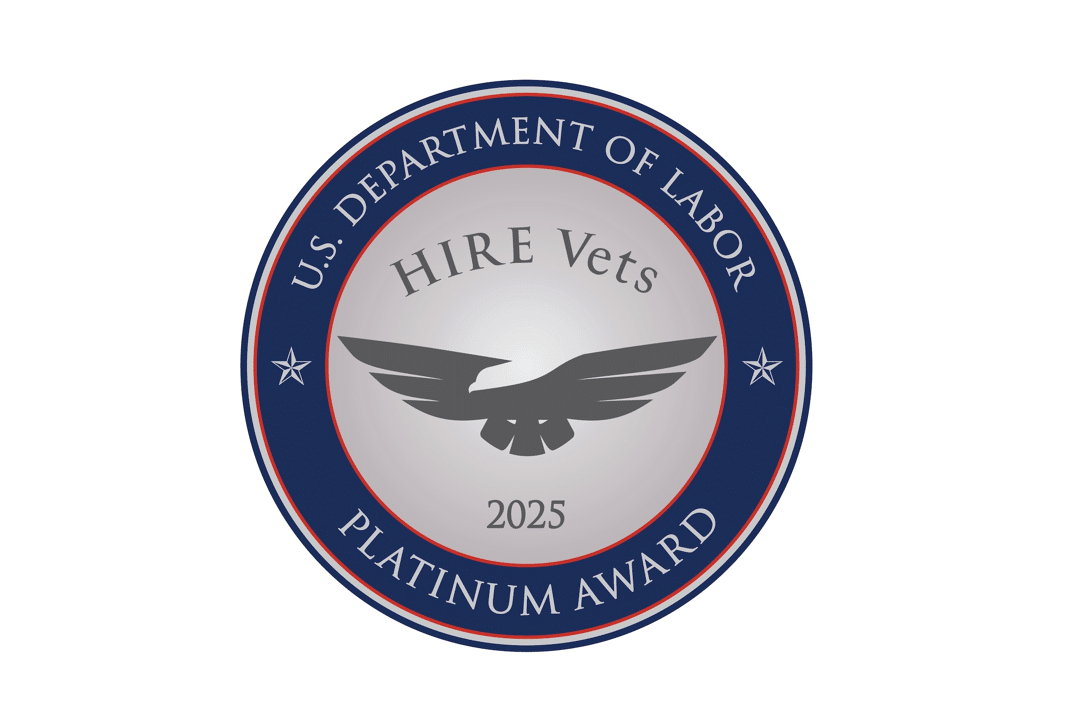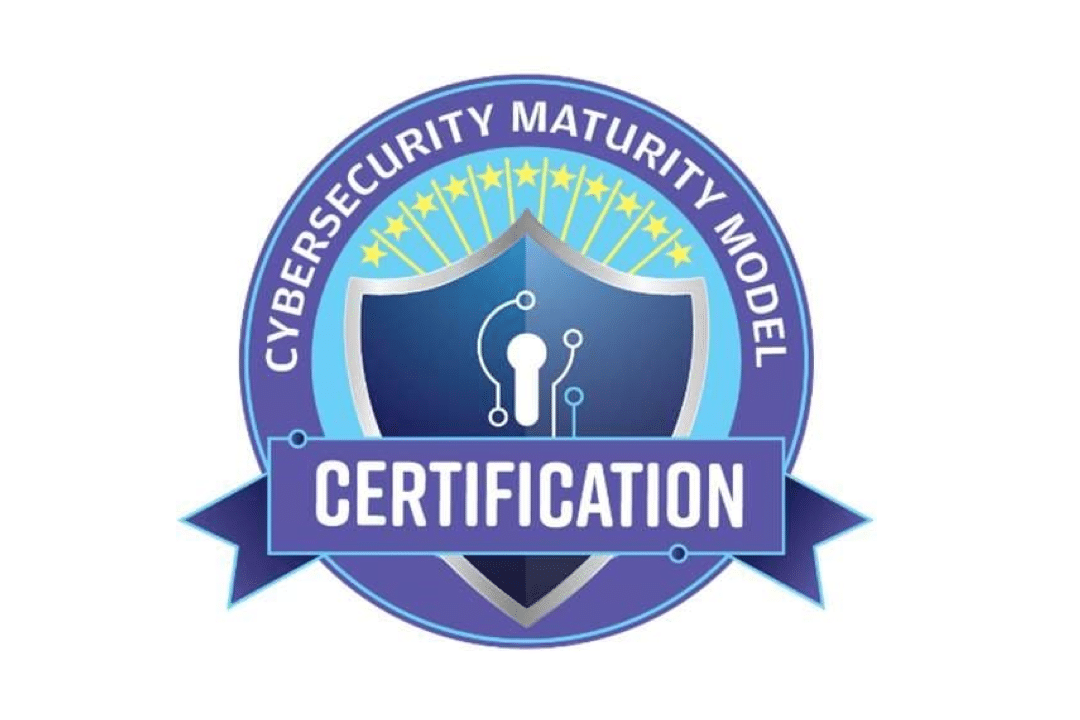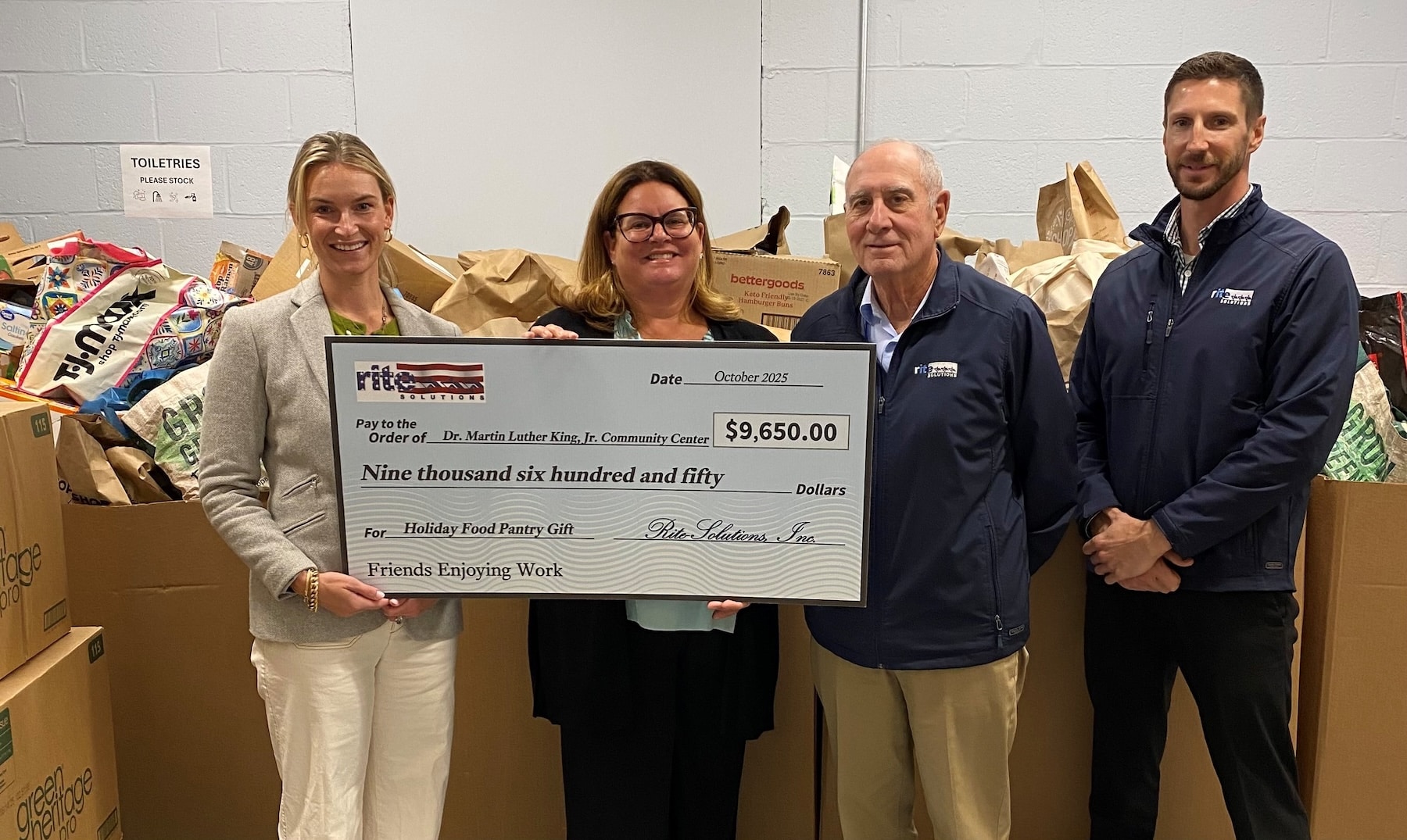News & Media
Simple Steps to Creating an Innovative Climate in Your Organization
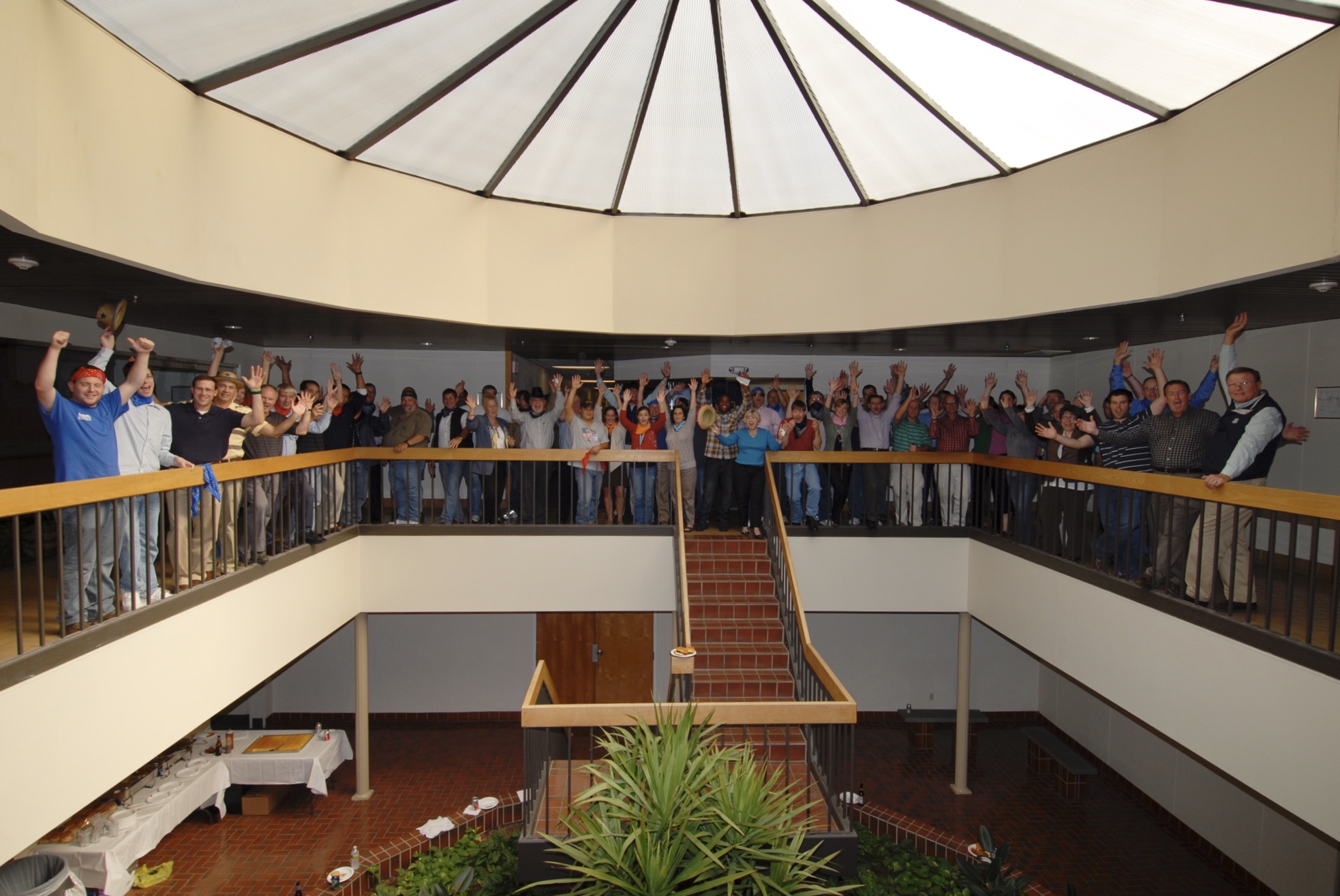
Frequently, I am asked about innovation and why our company is so special in this regard. Almost as frequently, people are surprised by my answer. There’s no IP. There’s no secret sauce. It’s simply the result of our company’s belief that developing meaningful relationships with employees allows us to tap into the collective genius of our entire organization.
Innovation was a wonderful outcome, but meaningful relationships yield much more than that. If you implement the steps mentioned in this blog series, you will notice developments in your organization that are just as important as innovation: lower attrition, increased employee engagement, better teamwork, higher productivity, better morale, and more. Creative ideas and no-kidding solutions will come from all corners of your company. These are all positive changes that can increase revenue and decrease costs for any company; even for companies that are not in the strict business of innovation.
We have been fortunate that our commitment to a more meaningful relationship with employees has caught the attention of many distinguished authors (thank you Bill Taylor, Gary Hamel, and others), countless magazines and journals, newspapers, educational institutions (like Harvard and Stanford), and big networks like CNBC. We’ve even won innovation awards (special thanks to Polly LaBarre). Apparently, they all believe that this new way of engaging employees might just work for other organizations—maybe even yours.
After 30 years of managing the wrong way, I came to see the error in my ways (which weren’t my ways at all, just the industry norm for a labor economy). Back then, the relationship between a company and employee was transactional. Though employees were on salary, they still punched the clock—emotionally. It didn’t work then and it certainly doesn’t work now, especially in today’s knowledge economy.
I have since discovered that to be a more powerful company, we have to move beyond having transactional relationships with employees to having more meaningful relationships with them. How do you do that? Companies must develop real, emotional connections with employees. The end goal is to create an environment where individuals care, commit and contribute on a daily basis.
It sounds simple, right? Well, it is. It’s also a lot of fun. In fact, it should be fun! Leaders simply need to be dedicated to fostering those meaningful relationships. Each employee needs to feel trusted and relevant. They need to know that they are welcomed, important and valued. But, it can’t be lip service. It can’t be a corny slogan hung in a conference room. It must be active, enduring and genuine. It must be a part of your company’s DNA, every day. Only then can you develop an innovative climate in your organization.
So, how can you get your organization to make the transition from transactional to meaningful relationships? This blog series is a good start. I share some simple steps that will help you create meaningful relationships with employees and, in turn, cultivate innovation in your organization. The steps I cover include:
- Caring
- Trusting
- Asking
- Listening
- Engaging
- Thanking/Rewarding
- Making Thinking Fun
- Relevance in Retirement
Within each step, I outline the benefits to both company and employee, highlight any downside (there are very few) and identify the cost of implementing each step (almost every step has zero cost). I also include examples of how we do it at Rite-Solutions to help get you started with your transformation.
Before we get to the steps, I need to explain something: YOU must be the one to initiate meaningful relationships with employees. Not the other way around. To harness the power within your organization, YOU have to believe in the power of collective wisdom and commit to changes that will make your organization better and more powerful going forward. The next post in this series titled They’re Ready; Are You? explains why your strong belief in them is critical to creating a thinking culture. Your emotional readiness is key to starting this journey.

